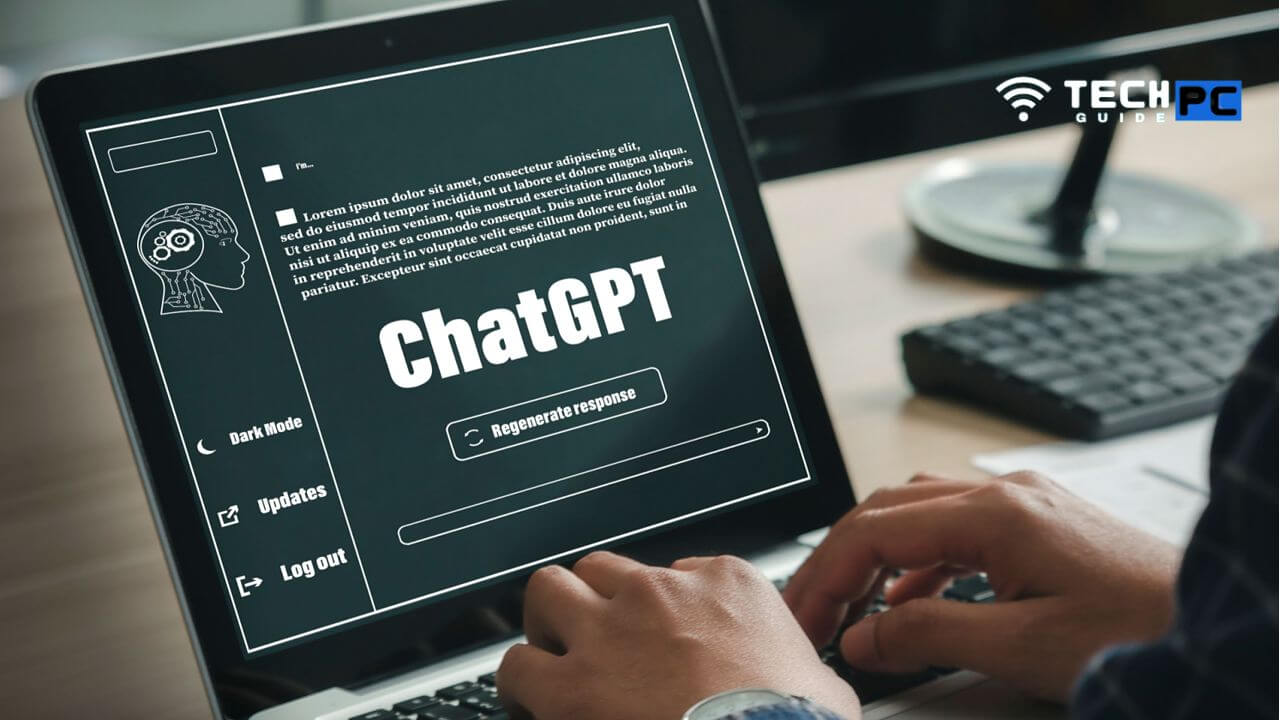The Pros and Cons of ChatGPT’s Responses
ChatGPT is a mighty language model developed by OpenAI that can provide quick and efficient responses to various questions. It is available 24/7, making it an excellent tool for those seeking information or assistance outside regular business hours. However, it’s important to analyze ChatGPT’s responses to determine their accuracy and evaluate potential ethical concerns.
Pros of ChatGPT’s responses
One of the main benefits of ChatGPT is its ability to provide quick and efficient responses to a wide range of questions. It’s particularly useful for answering straightforward questions, such as “What is the capital of France?” or “What is the weather forecast for tomorrow?” ChatGPT can provide these answers much more quickly than a human could.
Another advantage of ChatGPT is its ability to answer a wide range of questions. It has been trained on a large text dataset, which means it can provide information on various topics. Whether you need to know the answer to a math problem or are looking for information on a particular historical event, ChatGPT will likely have an answer for you.
Lastly, ChatGPT’s availability 24/7 is a significant benefit for those seeking information or assistance outside regular business hours. It means that users can get the information they need quickly and efficiently without waiting for a human to respond.
Cons of ChatGPT’s responses
One of the main drawbacks of ChatGPT is its need for more empathy and understanding. Because it is an artificial intelligence model, it does not have emotions or a human-like ability to understand the context. It is programmed to provide factual information, which can sometimes make it seem impersonal or unresponsive.
Another limitation of ChatGPT is its inability to understand context or sarcasm. While it may be able to answer straightforward questions, it can need help understanding more complex or nuanced inquiries. For example, if a user asks, “Can you help me fix my broken heart?” ChatGPT would likely not be able to provide a meaningful response.
Lastly, ChatGPT has a limited ability to engage in complex conversations. While it can provide information on a wide range of topics, it cannot engage in discussions or debates in the same way a human could.
Accuracy of ChatGPT’s responses
One of the most significant benefits of ChatGPT is its high accuracy in providing factual information. It has been trained on a vast amount of data, which means it is typically very reliable when providing information on straightforward questions.
However, there is also the potential for errors due to a need for more context or understanding. ChatGPT may struggle to interpret certain words or phrases, which could lead to inaccurate or misleading responses. It’s important to monitor ChatGPT’s responses carefully to ensure accuracy.
Language and cultural bias in ChatGPT’s responses
One potential concern with ChatGPT is the potential for bias in its responses. Because it has been trained on a large text dataset, it may inadvertently pick up biases or stereotypes in the training data. For example, suppose the training data contains many sexist or racist language. In that case, ChatGPT may produce responses that are biased or discriminatory.
Monitoring ChatGPT’s responses carefully is essential to ensure they are not perpetuating harmful stereotypes or misinformation. Ongoing evaluation and training may be necessary to minimize bias and ensure that ChatGPT’s responses are as accurate and unbiased as possible.
Personal information and privacy concerns
Another potential concern with ChatGPT is the risk associated with sharing personal information with it. While ChatGPT is typically very reliable when providing factual information, it’s important to be cautious about sharing sensitive information. This is especially true if shared information concerns personal health, finances, or other sensitive topics.
It’s important to be transparent with users about what information ChatGPT is collecting and how it will be used. Users should be able to provide informed consent before sharing any personal information and be made aware of any potential risks associated with doing so.
Ethical considerations of ChatGPT’s responses
There are several ethical considerations to take into account when using ChatGPT. One of the most important is the responsibility to prevent harm and avoid perpetuating stereotypes or misinformation. ChatGPT has the potential to reach a wide audience, which means its responses could have a significant impact on people’s beliefs and behaviors.
It’s important to be aware of any biases or stereotypes that may be present in ChatGPT’s responses and take steps to minimize their impact. This could involve ongoing monitoring and evaluation and ethical training for those responsible for developing and maintaining ChatGPT.
Limitations of ChatGPT’s responses
While ChatGPT is an incredibly powerful tool, it does have limitations. One of the most significant is its inability to provide human-like emotional support. While it may be able to provide factual information or answer straightforward questions, it cannot provide the same level of emotional support as a human could.
Another potential limitation of ChatGPT is the potential for technical malfunctions or errors in body stream chat GPT. While it is typically very reliable, there is always the potential for technical issues to arise that could impact its performance. This could result in inaccurate responses or other issues impacting the user’s experience.
Conclusion
In conclusion, ChatGPT is a mighty tool with many advantages in providing quick and efficient responses to various questions. However, it’s important to know its limitations and potential ethical concerns. Ongoing monitoring and evaluation are necessary to ensure that ChatGPT’s responses are accurate, unbiased, and ethical and to minimize the potential for harm or misinformation. With proper monitoring and training, ChatGPT has the potential to be an incredibly valuable tool for providing information and assistance to users around the world.
FAQ
Here are some frequently asked questions about ChatGPT:
What is ChatGPT?
ChatGPT is a language model developed by OpenAI that can generate human-like responses to a wide range of questions and prompts.
How does ChatGPT work?
ChatGPT uses a sophisticated algorithm that has been trained on an enormous dataset of human language. When a user asks a question or provides a prompt, ChatGPT analyzes the text and generates a response intended to be as human-like as possible.
What kind of questions can ChatGPT answer?
ChatGPT can answer many questions, from factual queries about science, history, or geography to more open-ended prompts that require creative responses.
Is ChatGPT always accurate?
While ChatGPT is designed to generate accurate and informative responses, there is always the potential for errors or inaccuracies. It’s important to remember that ChatGPT is a machine-learning algorithm and may only sometimes be able to provide a response that is 100% accurate.
Is my information safe when using ChatGPT?
ChatGPT is designed to protect user privacy and does not store or use any personally identifiable information. However, it’s important to be cautious about sharing sensitive information with ChatGPT, as it is a machine-learning algorithm that may not protect your data from potential threats.







